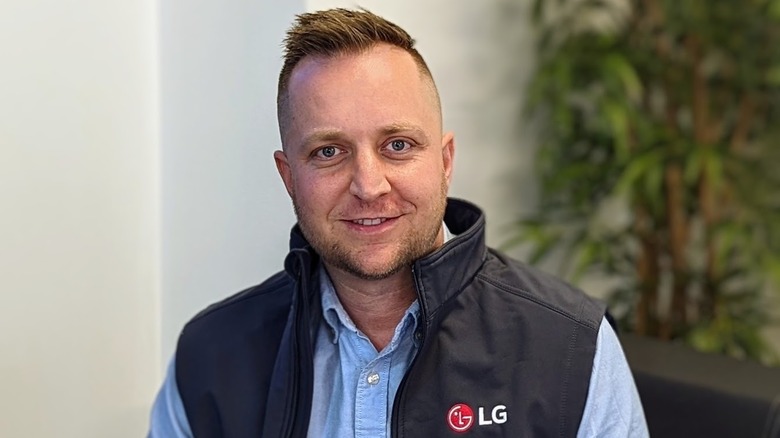Healthcare Tech Expert Joshua Di Frances On How Technology Can Provide Personalized Treatments - Exclusive
When doctors treat a common disease or illness, they're usually working off a treatment protocol that's been rigorously researched and tested. However, many treatment protocols have one major flaw. They were tested on a very narrow demographic, almost exclusively white men. Many of the treatments for common ailments were never tested on women, Black people, Indigenous people, Asian people, or Latinx people before they were approved and released to doctors around the world, even though many diseases impact different populations in different ways. This is especially true of treatment protocols that were developed decades ago.
Though most treatment protocols that were only tested on men, mostly white, proved to be universally effective when given to other populations, it's very possible that other treatment protocols would be more effective. According to healthcare tech expert Joshua Di Frances, new technologies being tested by companies partnering with LG NOVA could allow for not only more targeted treatment protocols, but even personalized treatments for common illnesses and diseases. In an exclusive interview with Health Digest, Di Frances talked about how precision medicine will change the way doctors treat patients.
Tailoring treatments
Di Frances said that technologies LG NOVA's partners are currently working on will change the process of creating a treatment protocol from the top down. The companies creating new treatments will be able to leverage population level data that will allow them to create treatments targeted to specific populations and their individual needs.
Other technologies will allow doctors to collect information about their patients that will help them create treatments that are personalized to each patient.
"It's ... personalized treatment based on who you are as an individual, your genetic information, your microbiome information," Di Frances explained, "and that excites me a lot."
Di Frances added that, at its core, precision medicine is about health equity.
"Because if you are ... a Black woman, you shouldn't be having the same treatment protocol as something that was developed for a white male," Di Frances insisted, "and it just doesn't make a lot of sense."
The combination of more targeted population level treatments and treatments based on patients' individual information will help each patient get care that works for their specific body, based on their specific background.
To learn more about the LG NOVA program and the Mission for the Future Challenge, please visit www.lgnova.com.


